BFF FILM & FESTIVAL BLOG
Festival Review: 2016 DOC NYC
The Bushwick Film Festival is a huge supporter of independent films and filmmakers! So last week, we got our industry badges and attended several panels, industry events and films at DOCNYC—the largest documentary film festival in America. While at the fest we also ran into a couple of recent BFF alumni that we want to give a shout out to: Tyler Johnston, director of My Father’s Land and Benjamin Shweky, director of Chocolate Cake.
House on Coco Road directed by Damani Baker
Films we saw include: The House on Coco Road directed by Damani Baker; a film that moves effortlessly through decades of documents and material, while detailing the falsehood of Ronald Reagan’s 1983 Grenada invasion and the lives it affected most; Kid Yamaka directed by Matt Ogens, a stylish and insightful VICE Fightland short, which looks at the trials and tribulations of a boxer’s life and how his colorful past fuels his performance inside of the ring; and Gleasondirected by J. Clay Tweel, which offers an in-depth portrait of a former NFL players change in purpose, as he takes on ALS and commits himself to passing on a piece of who he is before it’s too late. We also saw Woman on Fire, directed by Julie Sokolow and 86-32, directed by Randy Wilkins; the reviews of which you can find below.
86-32 – Directed by Randy Wilkins
During the 1988 Olympics in South Korea, if you were an opponent of Roy Jones Jr. — the young, black, unconventional and all-powerful boxer, also known as Superman — he beat you. Unless of course you were South Korean. In this ESPN 30 for 30 short, an older Jones relives the infamous 88’ finals match where a corrupt jury handed over what should have been his gold medal, to Si-Hun; a South Korean Native that he bested by 54 points. You can find the controversial fight on Youtube but 86-32 mostly forgoes archival footage of a battered Si-Hun in favor of talking head style interviews. In a market oversaturated with sports-action films, director Randy Wilkins wisely chooses to focus on Jones’ personal retelling of the events; fair, considering it was his voice that was drowned out by Olympic bureaucracy. Listening to him, you wouldn’t know a day had past. This is a man who knows the truth but still can’t grasp it. Jones’ story resonates and it’s easy to see why: a handful of suits knocked him off the path to international stardom and took his dignity away. In response, Jones looks right into the camera and asks, why not give it back? We recommend that you get to know the Roy Jones Jr. story better by watching the film here for free.




